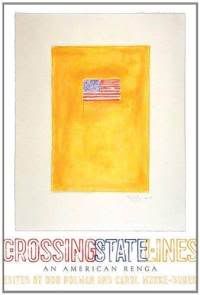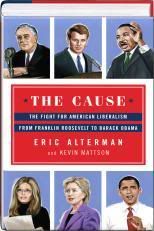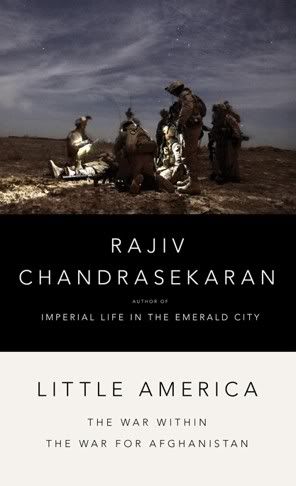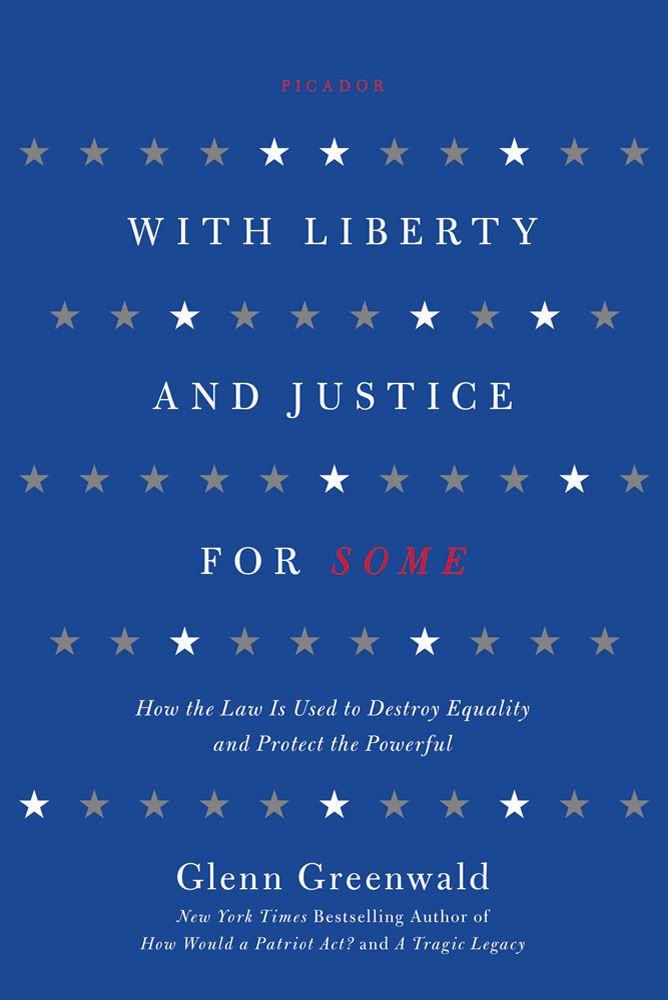That sounded a lot sexier in my head. Let's try this:
54 poets, 10 lines a piece, 1 minute 30 to save the world!
Closer, but not quite. Love the exclamation point, not sure about the allowance on time. 1:30's a bit generous, isn't it? To write a poem? And what's that got to do with the world being in trouble? Okay, I think I've got it:
54 nuclear devices, 10 subhuman battle droids, 18 cartons left of delicious, non-flavored coconut water, and 1 man and/or woman determined to act accordingly in regard to the nuclear devices, albeit with extreme intolerance to heat overexposure.
Where did that "18" come from? That's not in the book. I can't even claim "18 copies left in stock." That's isn't true either. No one orders that much poetry. You see my point? No one knows what a Renga is. No, I'm kidding. It's a collaborative genre of Japanese poetry. And in honor of today, our nation's Independence Day, I thought I'd highlight a few books that both honor and exemplify our nation's dependencies as well.
Meticulously reported, hugely revealing, Little America is an unprecedented examination of a failing war—and an eye-opening look at the complex relationship between America and Afghanistan. Along the way, we meet an Army general whose experience as the top military officer in charge of Iraq’s Green Zone couldn’t prepare him for the bureaucratic knots of Afghanistan, a Marine commander whose desire to charge into remote hamlets conflicted with civilian priorities, and a war-seasoned diplomat frustrated in his push for a scaled-down but long-term American commitment.

According to W. J. T. Mitchell, a "color-blind" post-racial world is neither achievable nor desirable. Against popular claims that race is an outmoded construct that distracts from more important issues, Mitchell contends that race remains essential to our understanding of social reality. Race is not simply something to be seen but is among the fundamental media through which we experience human otherness. Race also makes racism visible and is thus our best weapon against it.
From the nation's beginnings, the law was to be the great equalizer in
American life, the guarantor of a common set of rules for all. But over
the past four decades, the principle of equality before the law has been
effectively abolished. Instead, a two-tiered system of justice ensures
that the country's political and financial class is virtually immune
from prosecution, licensed to act without restraint, while the
politically powerless are imprisoned with greater ease and in greater
numbers than in any other country in the world. Cogent, sharp, and urgent, this is a no-holds-barred indictment of a profoundly un-American system that sanctions immunity at the top and mercilessness for everyone else.





No comments:
Post a Comment